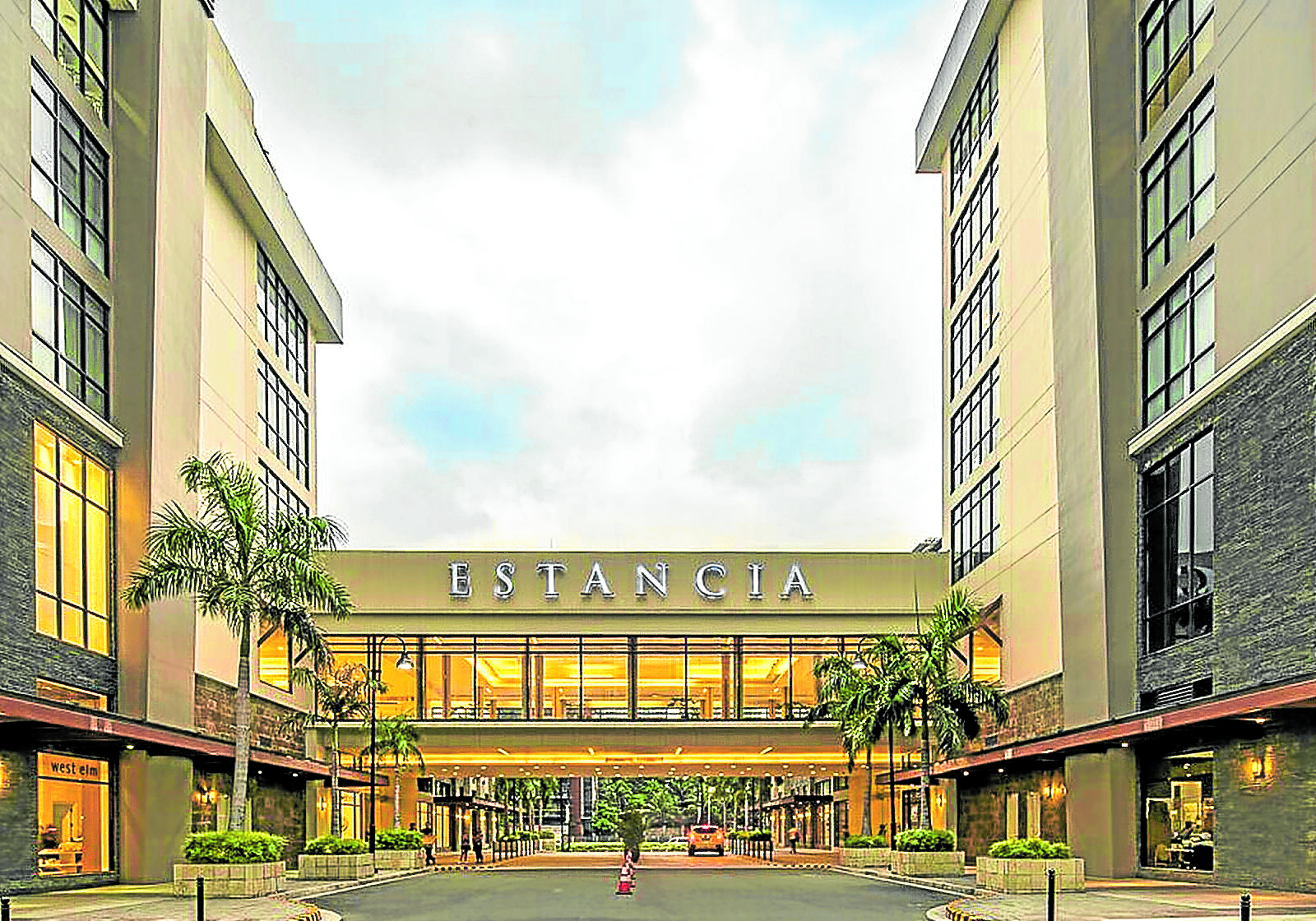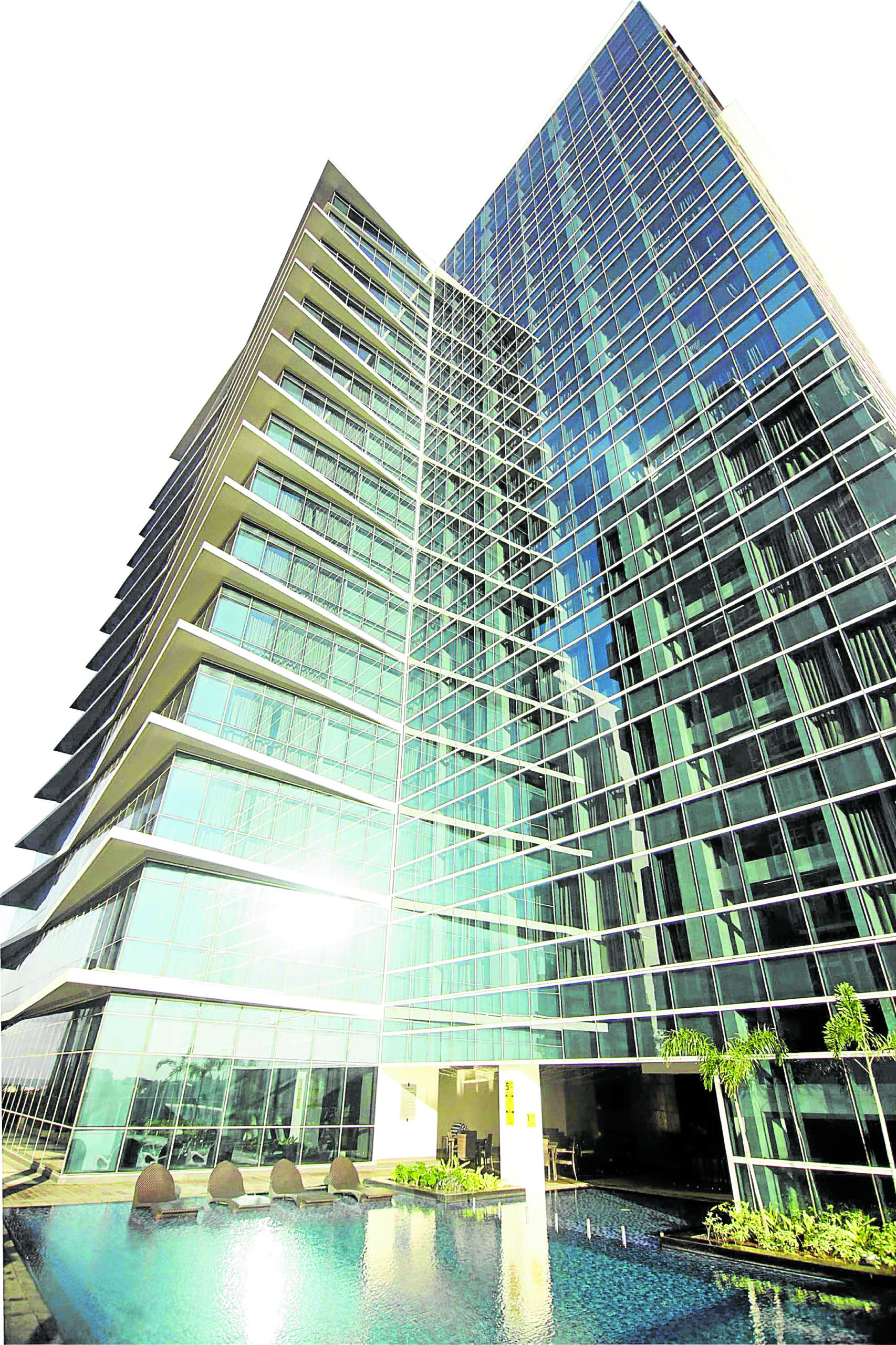Reinforcing pillars: Paving the road to recovery
On June 13, I co-moderated with Inquirer Property editor Tek Samaniego an Inquirer webinar entitled “Reinforcing pillars: Paving the road to recovery.”
Our panelists were Department of Human Settlements and Urban Development Secretary Eduardo del Rosario, Philippine Retailers Association (PRA) president and Wilcon Depot SEVP-COO Rosemarie Bosch Ong, and Megaworld Hotels group general manager Cleofe Albiso who all shared interesting insights and recommendations on how the Philippine real estate industry can chart a better and more effective recovery plan that will allow stakeholders to adapt and evolve amid the pandemic.
Three specific segments were covered during our webinar—retail, travel and tourism and housing. These are three of the major pillars of the Philippine property market so it was interesting to hear from stakeholders the major changes in their respective markets as well as concrete plans they intend to implement to help investors and end-users navigate through these uncertain times.
Housing demand to remain resilient post-pandemic
It’s reassuring to know that despite the pandemic the DHSUD remains committed to implement programs that will protect homebuyers. Sec. Del Rosario highlighted DHSUD’s establishment of Building Adequate, Livable, Affordable, and Inclusive (BALAI) Filipino communities. The program’s objective is to ensure that the houses being built are adequate, livable and affordable. The agency is also crafting a 20-year strategic plan for housing.
But Sec. Del Rosario was concerned that the construction sector was at a standstill for almost three months due to the pandemic and lockdown. This work stoppage caused massive unemployment as the housing sector was projected to employ about 2 to 3 million people. But Sec. Del Rosario is optimistic that the housing sector will rebound quickly given the interventions being implemented by the government.
Homebuyers were given a three-month moratorium on their Pag-Ibig monthly amortization while developers may borrow from the same agency to finance their projects. Other good news for developers include the extension of project completion timeline to about six to 12 months and the fast-tracking of permitting process. The latter is particularly important as granting of permits is among the factors considered in global competitiveness surveys.
Article continues after this advertisementRetail: Brands need to reinvent, clicks to complement bricks
Rosemarie Bosch Ong of Wilcon and PRA stressed that retail is struggling due to slower consumption. She said that retail spending drives other sectors because when people buy food, clothes, or home improvement materials, this spending helps stimulate agriculture, manufacturing, construction, and other key economic segments. She noted that essentials like food and health supplies continue to record growth, but non-essential items such as entertainment and apparel are struggling.
Article continues after this advertisementInterestingly, Wilcon, which is into the home furnishing and repair, benefitted from pent-up demand immediately after the lockdowns were eased. Wilcon saw a higher demand for appliances and home improvement supplies as people converted home spaces into mini-offices.
Ms. Ong added that during the lockdown and pandemic, all operators and retailers were “in the same storm but in different boats.” She mentioned that now is an opportune time for retailers to reinvent and be more innovative. And that the clicks (online shopping platforms) should complement the bricks (physical malls and retail shops)
Among retailers, it’s important that the government passes the proposed Corporate Recovery and Tax Incentives for Enterprises (CREATE) bill to help struggling micro, small, and medium-sized enterprises (MSMEs).
Tourism: Domestic demand to kickstart recovery
Cleofe Albiso of Megaworld Hotels acknowledged that the leisure sector has been heavily hit by the pandemic and lockdowns across the country. International tourist arrivals are significantly down due to travel restrictions while local lockdowns and the economic slump are restricting locals to travel. Meanwhile, the MICE (meetings, incentives, conventions and exhibitions) segment is suffering due to physical distancing protocols.
This is a major concern for the Philippine economy especially with tourism accounting for about 12.7 percent of the country’s annual gross domestic product (GDP) and employing an estimated 5.4 million Filipinos. According to the DOT, foreign arrivals from January to April are down by 54 percent to 1.32 million tourists while receipts posted a 56 percent decline to P79.8 billion.
Paving the road to growth
We see retail starting to re-open and recover lost ground. However, several mall operators and retailers will definitely face challenges for the remainder of the year but the uncertainties we see right now should also present opportunities. For Ms. Ong, who also represents the PRA, there is a need to pump-prime the domestic economy to raise the level of consumption. At Colliers, we believe that among the indicators to watch out for are unemployment rates, OFW remittances, inflation, and consumer confidence index released by the Philippine central bank.
Based on the survey conducted by Colliers International, we see a greater propensity of Filipino consumers to buy online and use e-payment and delivery platforms. This is one of the opportunities that mall developers and retailers should tap moving forward. Online purchases should be seamless.
I also agree with Ms. Ong’s recommendation that Philippine retailers need to innovate and be more responsive to the fast-evolving preferences of Filipino consumers. Agility is key.
There is no denying that travel and tourism is one of the worst-hit sectors. It might take years before the segment fully recovers. But the Philippines is blessed with more than 7,000 islands and domestic tourism should jumpstart the much-needed recovery.
During the webinar, I stressed that stakeholders from retail, hospitality and housing sectors are raring to tap the pent-up demand once the market recovers. It’s more fun in the Philippines and domestic tourism should help stoke the leisure sector.
In retail, we believe that mall operators and retailers should innovate—otherwise they will evaporate. Owning a house remains a major aspiration of every Filipino and this should support the demand for residential units moving forward.
The consensus is a U-shaped recovery for the Philippine economy and we hope that retail and leisure, along with housing and office tread that growth trajectory that we are likely to see starting 2021.
As my co-moderator and Inquirer Property editor Tek Samaniego highlighted, these challenges should not hinder us from believing that we will bounce back as a more resilient nation. It won’t be long before we see quality houses being built again; malls filled with shoppers anew; and families and friends traveling again to see the beauty of the Philippines.



